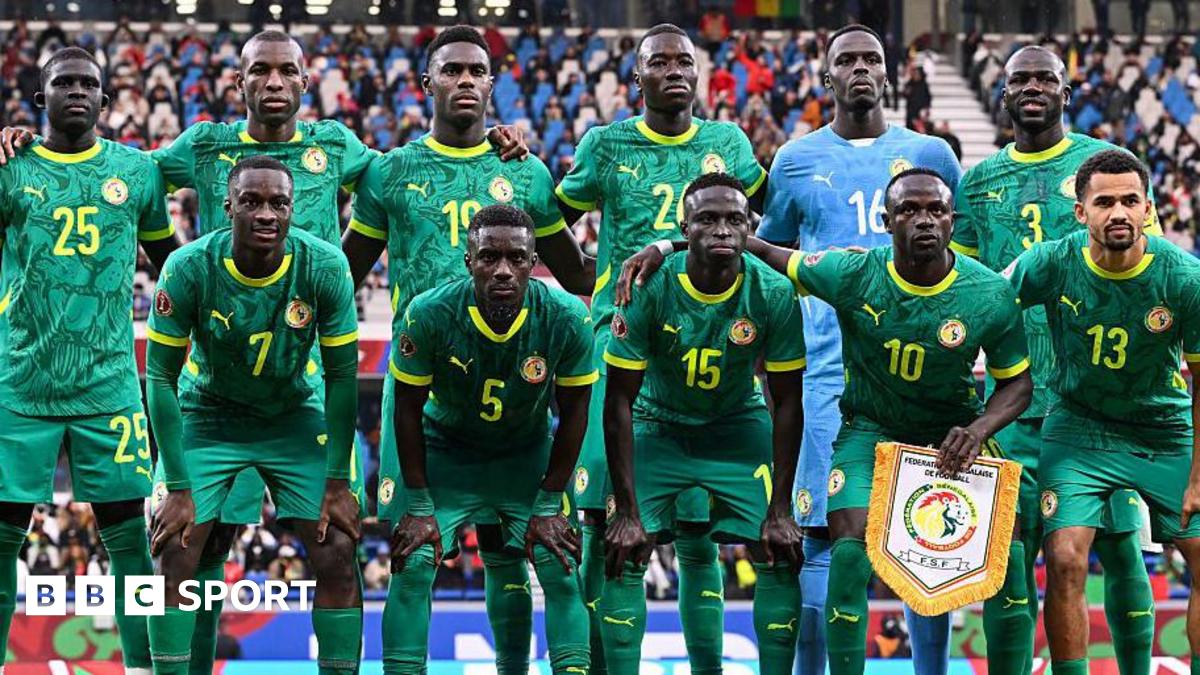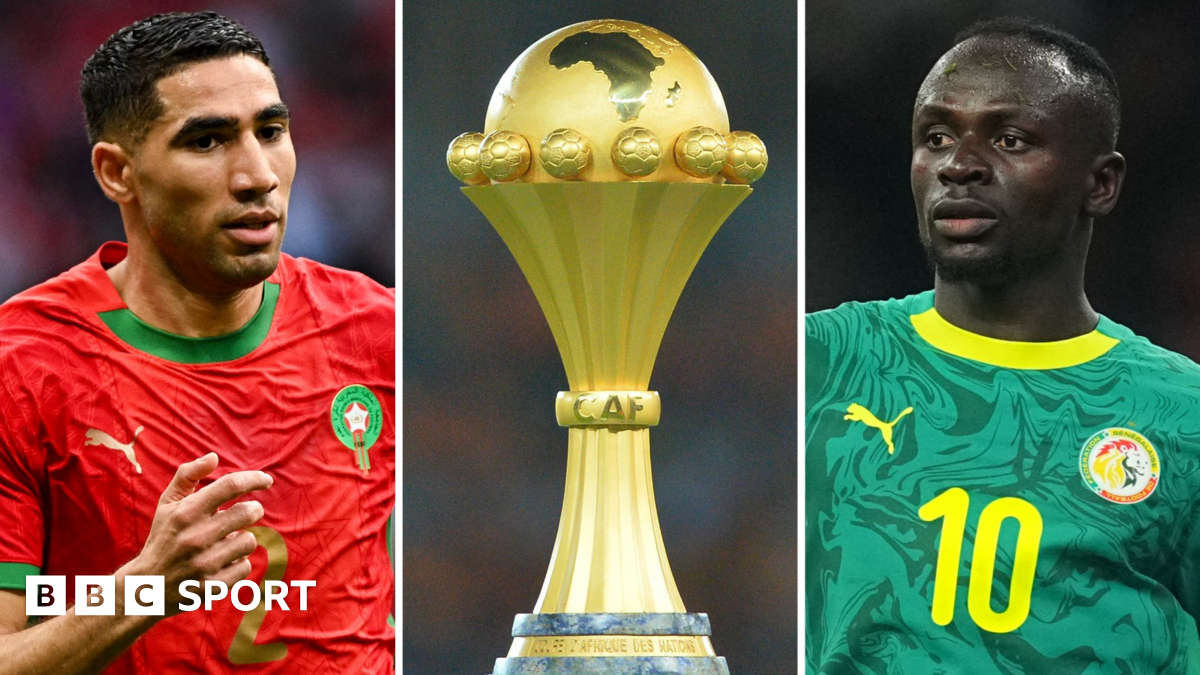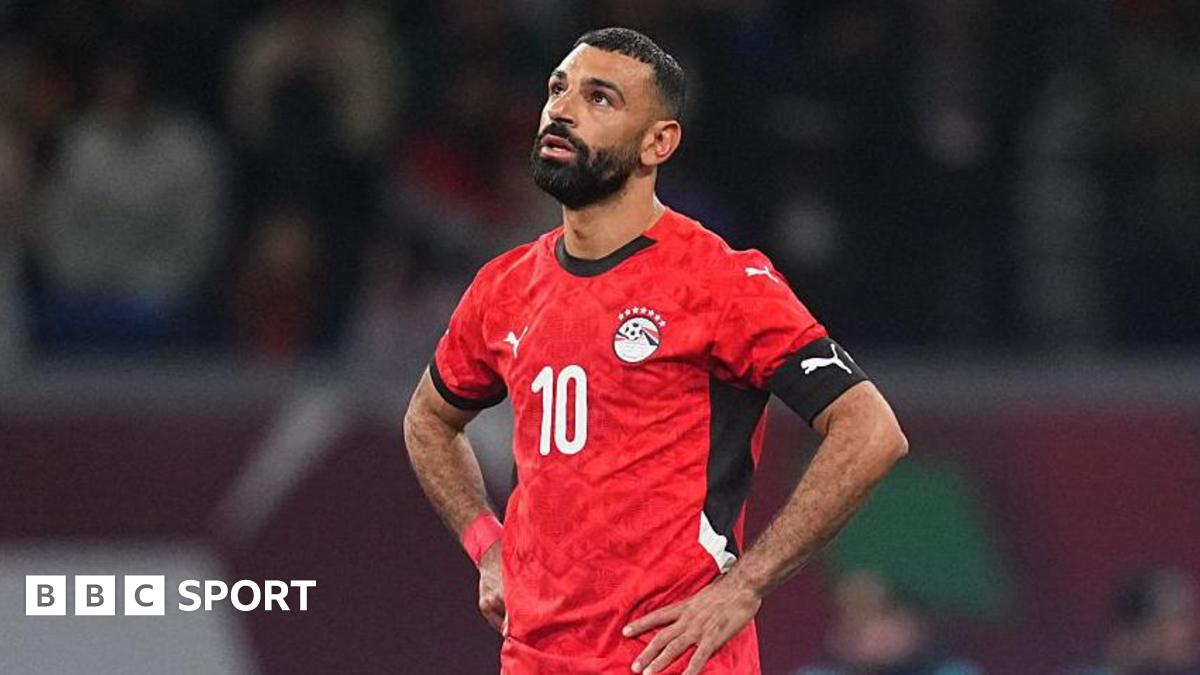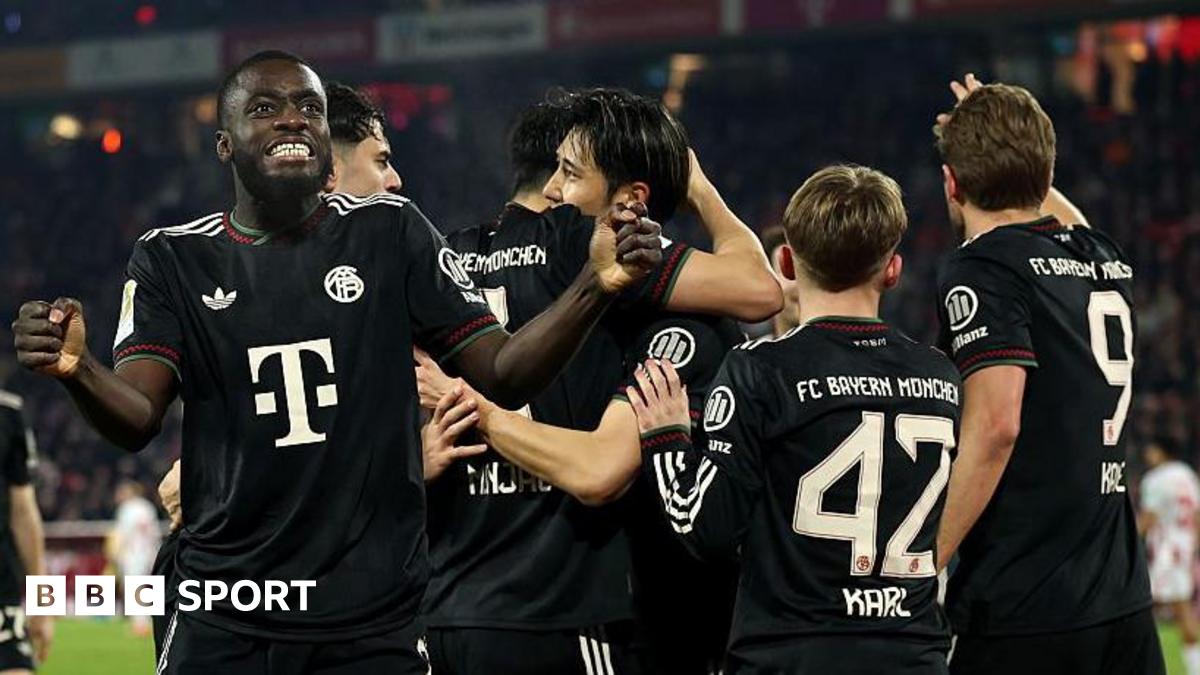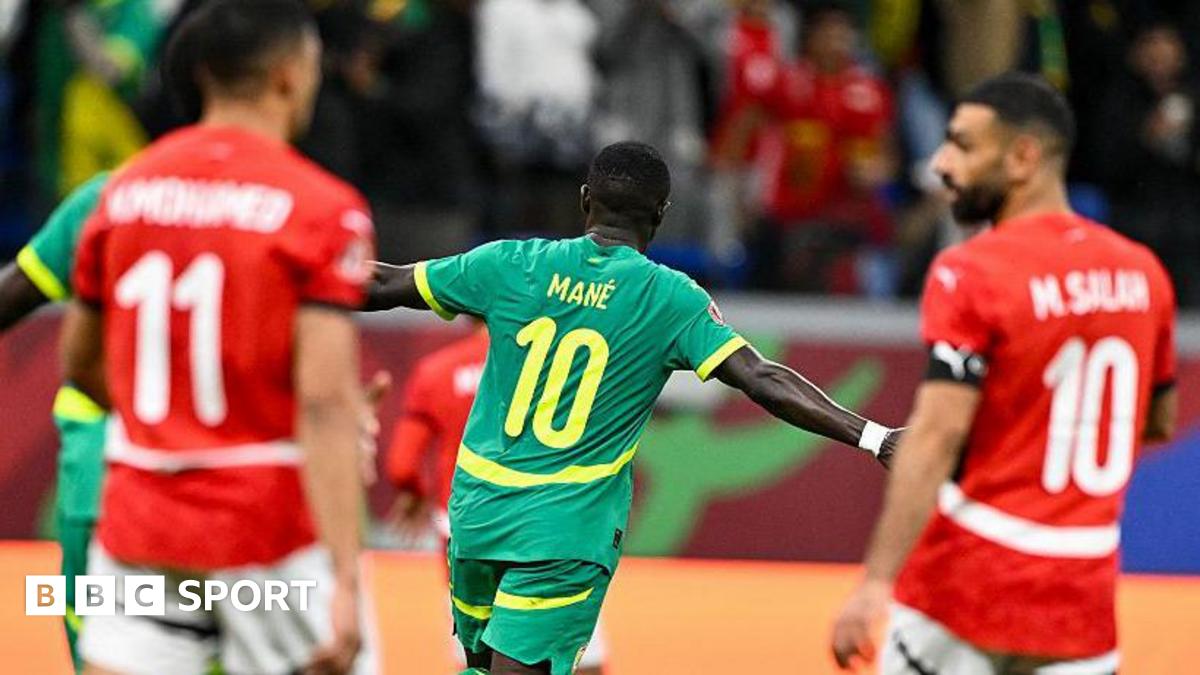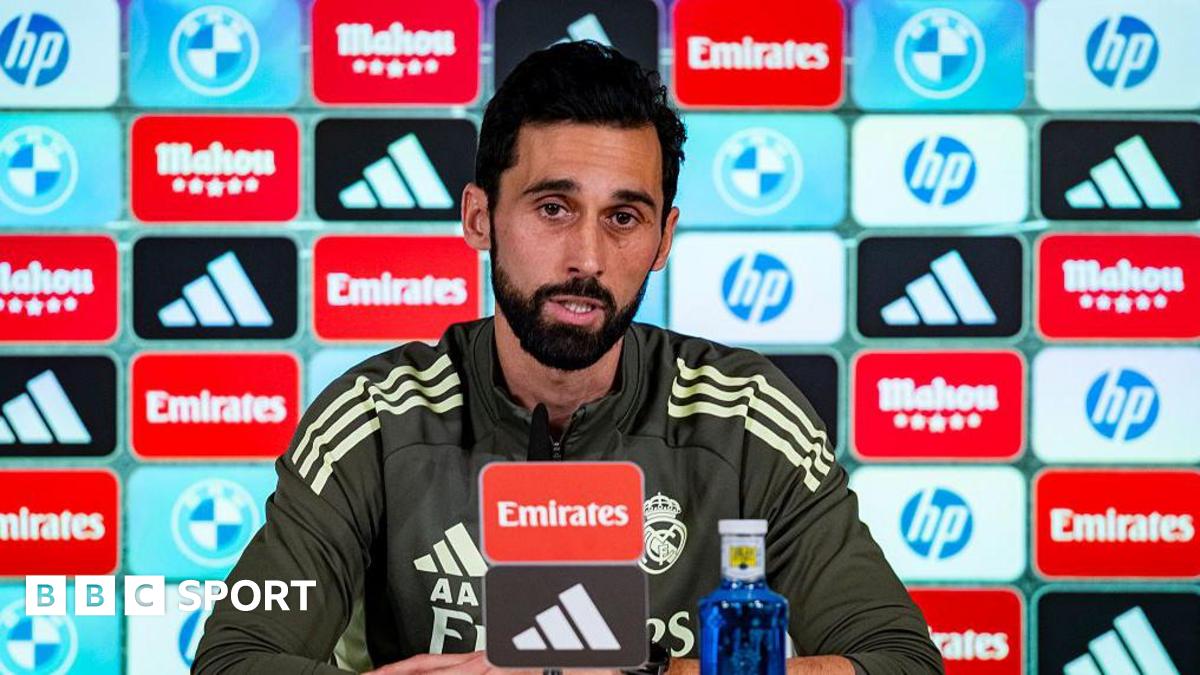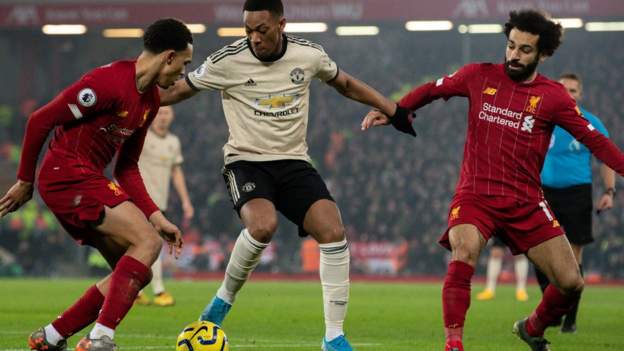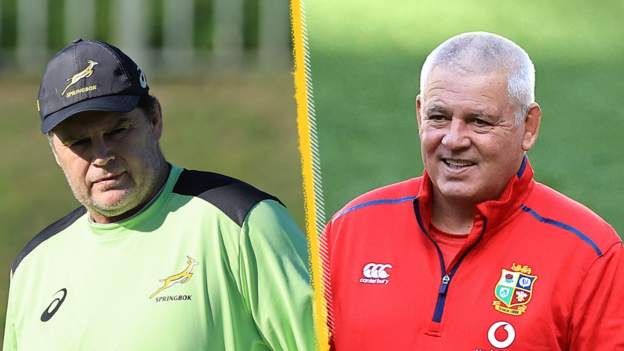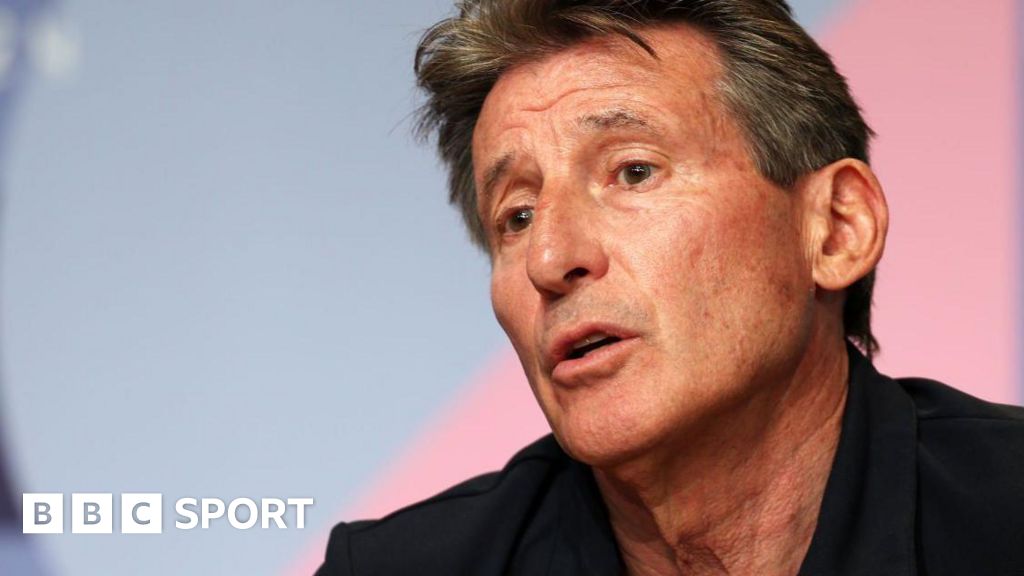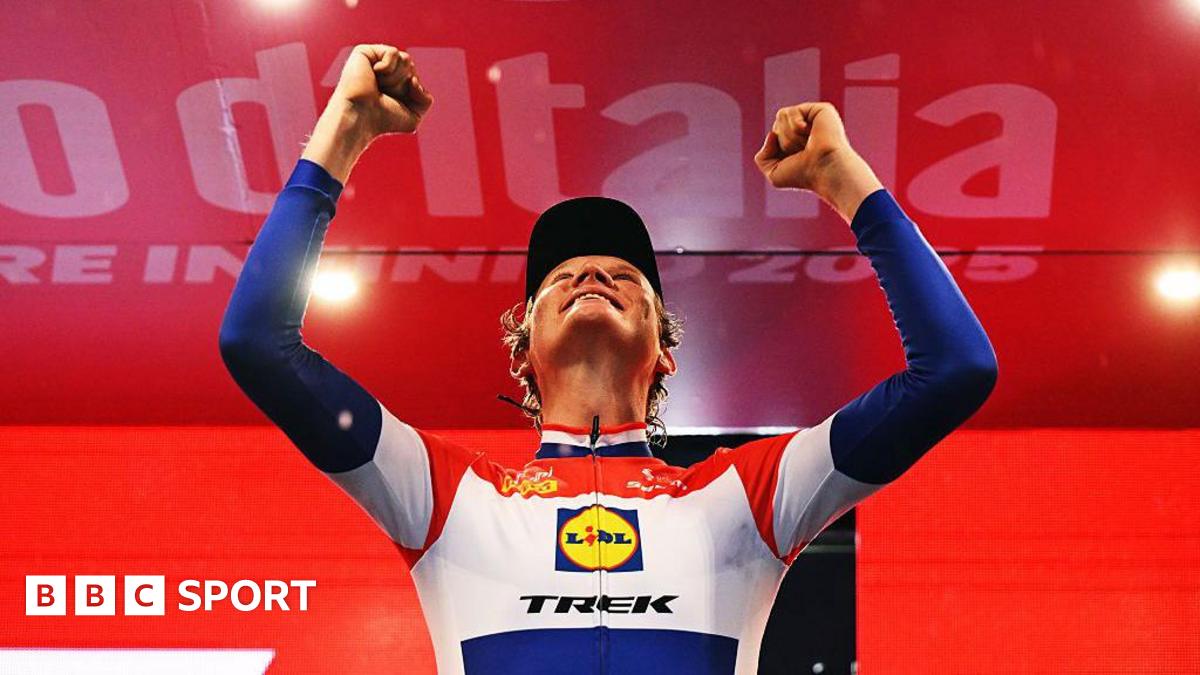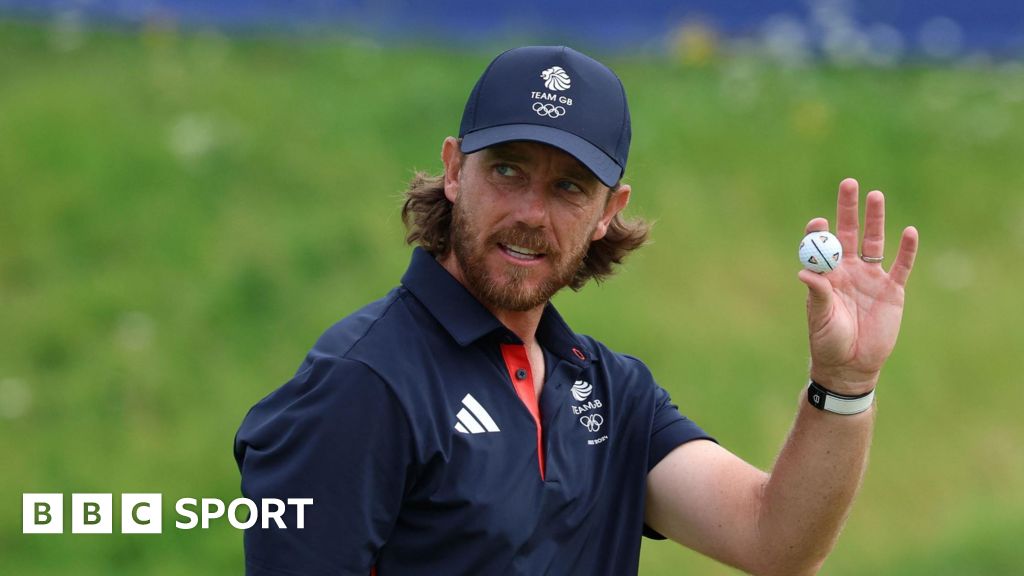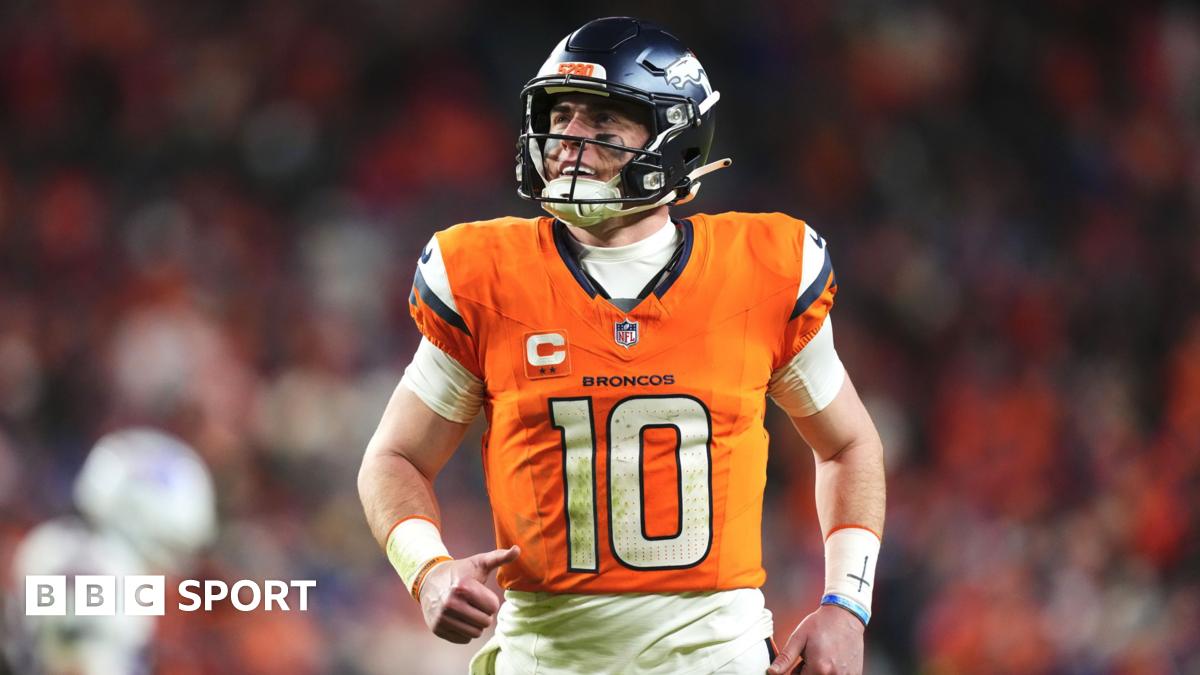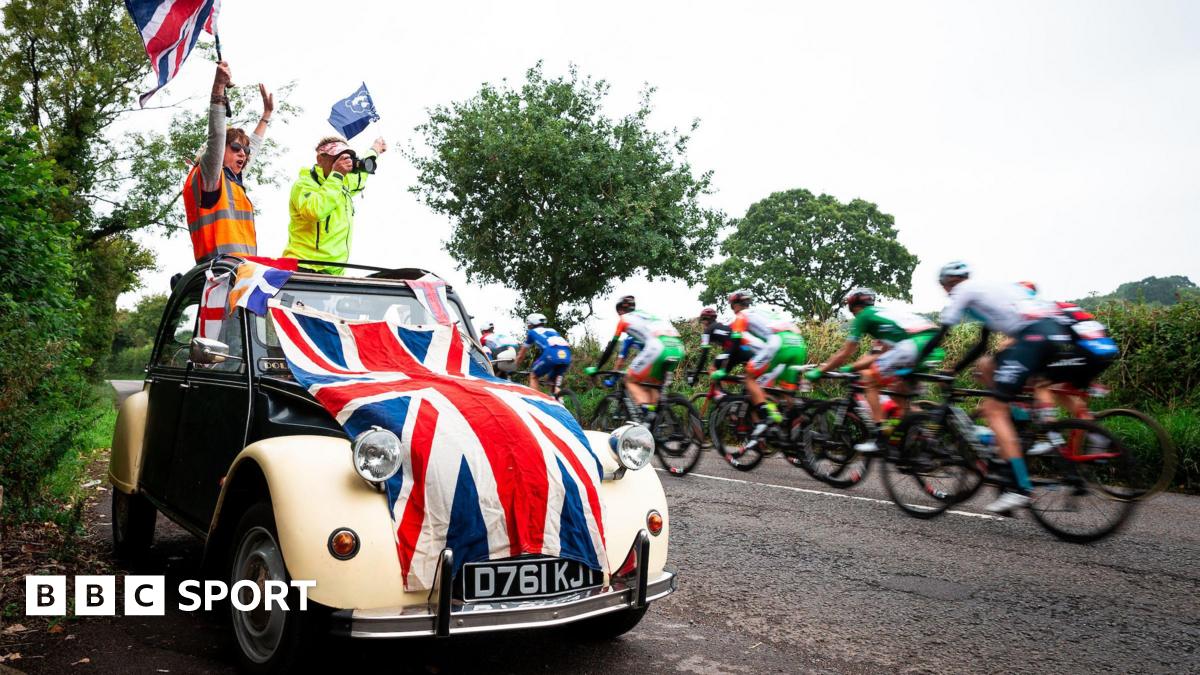Details have emerged of the biggest proposed shake-up in English football since the creation of the Premier League in 1992 – “Project Big Picture.”
Despite only leaking on Sunday night, it has already stirred a huge amount of debate and some furious responses. What is it about?
What is Project Big Picture?
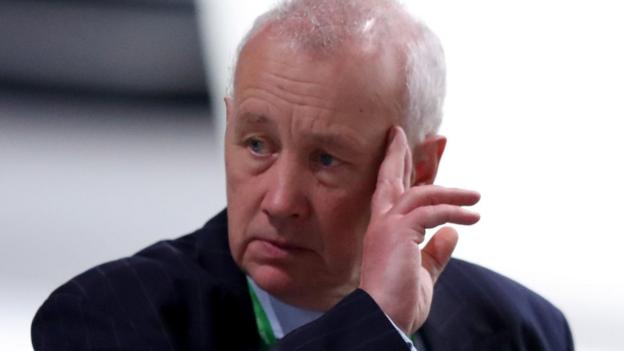
The plan, put together by Liverpool and Manchester United, would see teams in the EFL – ie the leagues below the Premier League – given £250m ($325m) right now, to share between themselves, plus 25% of revenue from future TV deals that the Premier League secures.
Those clubs, led by the EFL’s chair Rick Parry, have been demanding money from the Premier League for some time, because they have been struggling financially in the absence of crowds due to Covid-19.
The idea is that by helping fund the EFL, the top clubs would be supporting the “football pyramid”, which is at the heart not just of English football but arguably the way of life in the country.
But this giveaway would come at a price. In exchange, the footballing calendar would be trimmed to suit the top Premier League clubs – with the number of Premier League teams cut to 18, and the EFL Cup (currently the Carabao Cup) and Community Shield being abolished.
These changes would free up fixture dates that could be filled with more lucrative European football matches and pre-season friendlies.
The so-called “Big Six” Premier League clubs – Liverpool, Manchester United, Manchester City, Arsenal, Tottenham and Chelsea – would also get special voting rights on certain issues, along with West Ham, Everton and Southampton.
Why now?
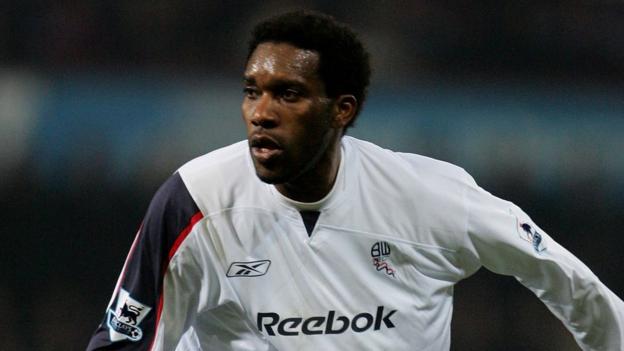
Why now? Well as with everything in 2020, the answer is one word – Covid.
A huge number of EFL clubs are facing financial disaster, and Rick Parry has been pushing for this bailout for some time.
Even before Covid, several teams – Bury, Macclesfield and Jay Jay Okocha’s old club Bolton – had either folded or gone into administration in the last couple of years, and indeed discussions around “Project Big Picture” were initially unrelated to the pandemic.
But it is Covid that has put many more clubs on the brink, facing ruin because they are not permitted to allow in crowds – and accrue the associated gate receipts, merchandise and refreshment sales – under government rules aimed at controlling the virus.
Meanwhile at the peak of the pyramid, the Premier League “Big Six” are much less dependent on ticket revenue, funded as they are primarily by multi-billion-dollar TV deals both with UK TV companies and those around the world – as well as, in some cases, having fantastically wealthy owners.
This is what has allowed them to continue to make huge transfer deals even at such a time of crisis.
There has been talk for many months about some sort of Premier League-funded bailout for the EFL, and what form it will take.
Now at least there is a concrete proposal out there.
Who is against it?
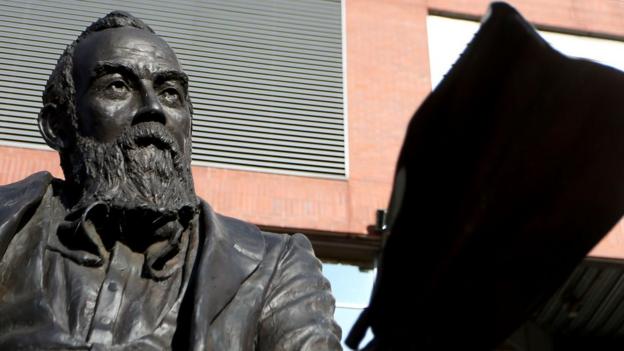
Who is against it? Pretty much everyone else.
Certainly, the Premier League itself – as opposed to its clubs – is very unhappy with the idea, saying “In the Premier League’s view, a number of the individual proposals in the plan published today could have a damaging impact on the whole game and we are disappointed to see that Rick Parry, chair of the EFL, has given his on-the-record support.”
There seems to be little in it for the clubs that are not part of the “Big Six”: they would have to contribute equally to the EFL bailout, but they would have fewer fixtures as they would not be playing in Europe, which would hit their finances.
West Ham, one of those who at least would have voting rights under the proposals, have already expressed their opposition.
“The ‘Big Six’ are using Covid for a power grab. If this goes through, over time they will just use more and more for themselves,” a West Ham source told the BBC.
The UK government has also condemned the idea, its Department for Culture, Media and Sport describing it as a “backroom deal” that would “create a closed shop at the very top of the game.”
“Sustainability, integrity and fair competition are absolutely paramount and anything that may undermine them is deeply troubling,” it added.
And finally The Football Supporters’ Association said it noted “with grave concern” the proposals, adding they had “far-reaching consequences for the whole of domestic football”.
“Once again it appears that big decisions in football are apparently being stitched up behind our backs by billionaire club owners who continue to treat football as their personal fiefdom,” it said in a statement.
Why save the smaller clubs?
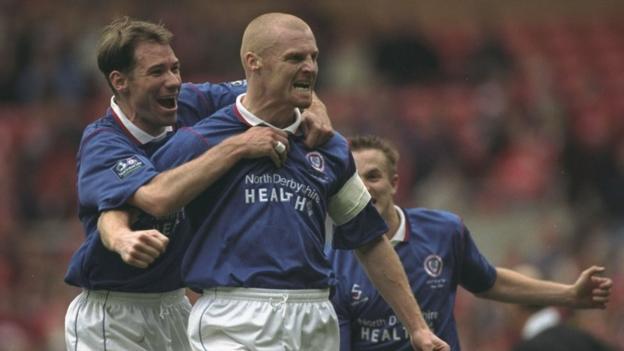
Most English towns have a football team playing at some level, and it gives that town an identity in the country as a whole.
Just one example: the town of Accrington does not have that many visitors, but most British people over a certain age know of their team, Accrington Stanley, thanks to an ad campaign in which it was the punchline.
Indeed the way the BBC decides whether a town is known widely enough not to add additional information about its location when reporting on it is whether it has a club in the football league.
And when a smaller football club achieves unexpected success in a cup competition – when Chesterfield reached the semi-finals of the FA Cup in 1997, for example – it gets a town noticed and has a massive impact on civic pride.
But a huge number of those teams are on the brink. If they go, it will hit not just the football pyramid but tear the heart out of already struggling post-industrial communities.
That is why there is such intense pressure for some sort of bailout. That is why the EFL are so keen on these proposals.
And that is just the pressure that some top clubs think they might be able to take advantage of.


